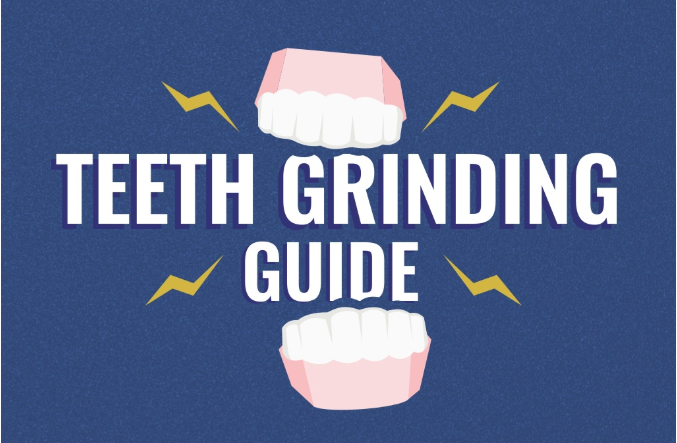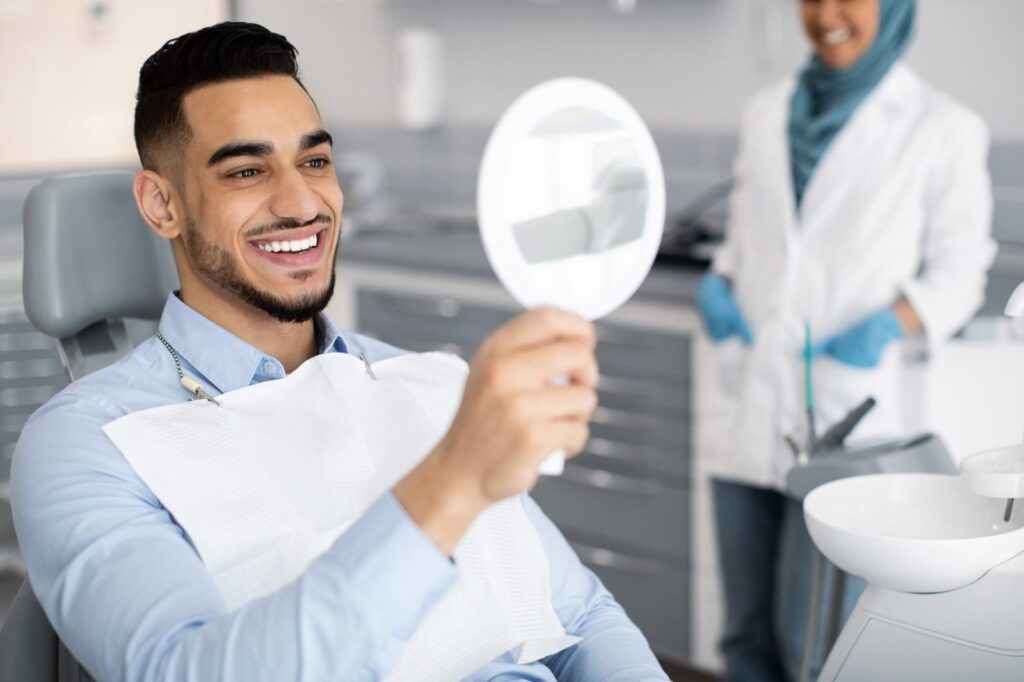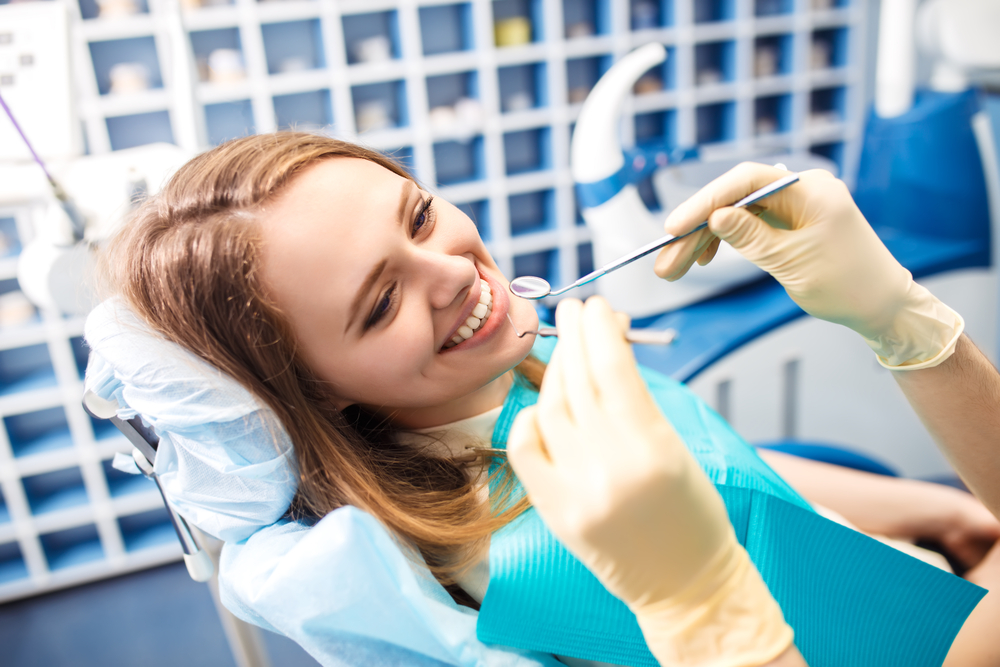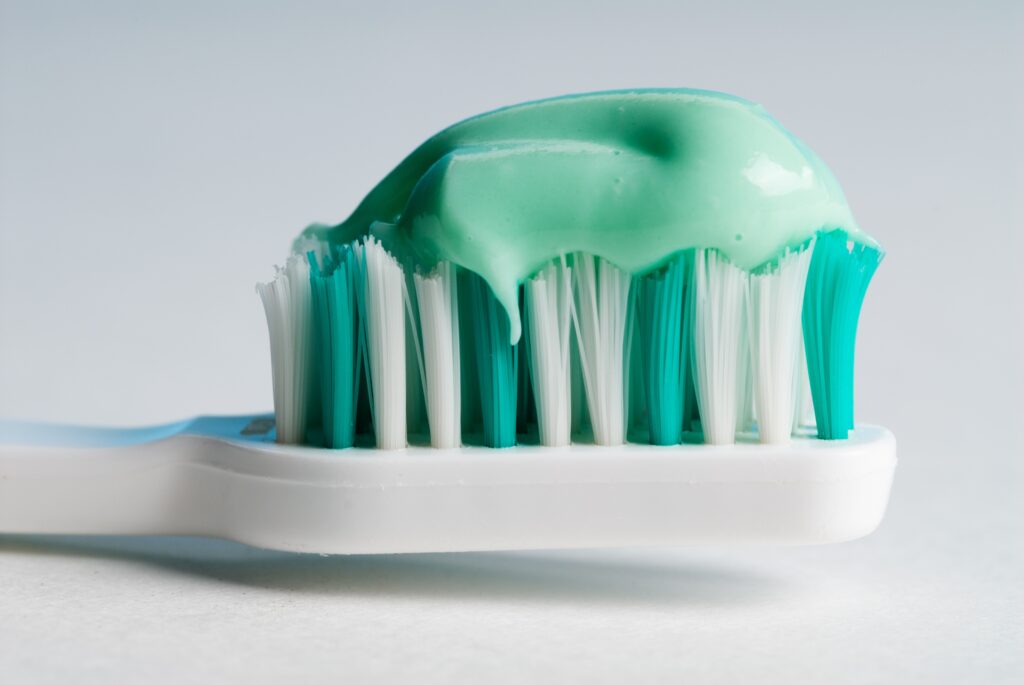You may do everything right when it comes to taking care of your teeth. Yet even if you brush and floss twice a day and watch what you eat or drink, there’s only so much you can do while you’re awake. Some of the worst damage you can do to your teeth may be happening without you even being aware of it. You might wake up in the morning with a sore jaw and think you just slept in an odd position, but this could be a sign that you grind your teeth while you sleep. This condition, also known as bruxism, affects approximately 10 percent of adults.
Bruxism is characterized by the teeth grinding against one another during sleep. People who experience bruxism tend to sleep with their jaws clenched tight, and involuntary muscle movements cause their teeth to grind against one another. In some cases, people who experience bruxism may even grind their teeth subconsciously while they are awake.
Grinding one’s teeth — whether during the night or during waking hours — can have numerous consequences. People with bruxism may experience a breaking down of the enamel of their teeth as a result. This can lead to extensive dental procedures to repair damaged teeth. Bruxism can cause pain or soreness in the jaw as well as tension headaches. What’s more, grinding one’s teeth during sleep may interrupt sleep or disrupt healthy sleep patterns. Sometimes, the sound of grinding teeth can be even loud enough to wake a sleeping partner or keep him or her awake at night.
Why Do People Grind Their Teeth?
There are many reasons why patients might be grinding their teeth. One of the most common culprits is stress. Stress can build up during the day. If someone goes to sleep without dealing with it, the subconscious mind may act out in the form of teeth grinding. Studies have shown that people with aggressive personalities are more likely to experience bruxism than people who are more relaxed. The use of stimulants such as caffeine has been shown to influence whether someone grinds his or her teeth while sleeping.
Bruxism also may be a sign of another medical issue such as a misaligned jaw or sleep apnea. Sleep apnea can result in the airway being blocked while a person is sleeping, triggering an autonomic response to move the jaw and keep the airway clear. The side effect of this autonomic response is that the teeth may grind.
How to Stop Bruxism
Coping with bruxism may be as simple as finding ways to de-stress during the day before going to sleep. Practicing yoga, drinking green tea and meditation all have been shown to reduce stress levels. Alternatively, you may want to consult your dentist to see whether you need dental work to realign your teeth, or to be fitted with a mouth guard. Some people with bruxism have turned to alternative therapies such as biofeedback to retrain their bodies not to grind their teeth while they are sleeping.
Taking good care of your teeth is a 24-hour job; and being aware of how you treat your teeth while you sleep can be just as important as how you treat them while you’re awake. Consult the accompanying guide to find out what you can do if you’re grinding your teeth overnight.
Teeth Grinding Guide created by Schererville & Chesterton Family Dentistry.








Great post! you have some brilliant content!
Thank you! Which post has been your favorite?
Nice Post! Thanks for sharing your post. If you are aware of your constant teeth grinding, your dentist can help. Your dentist can prescribe you to wear a soft plastic mouthguard to protect your teeth from being ground down any further.